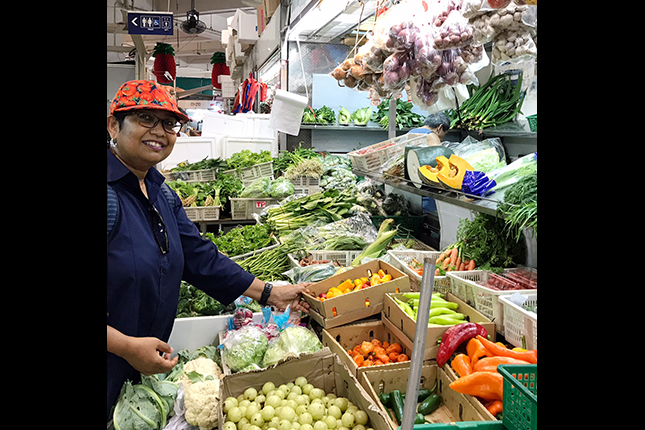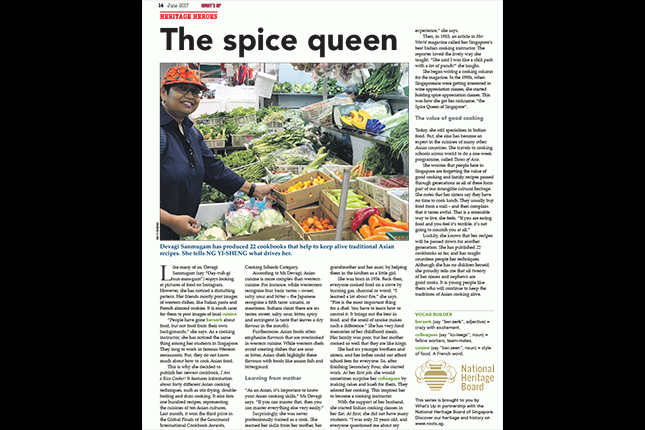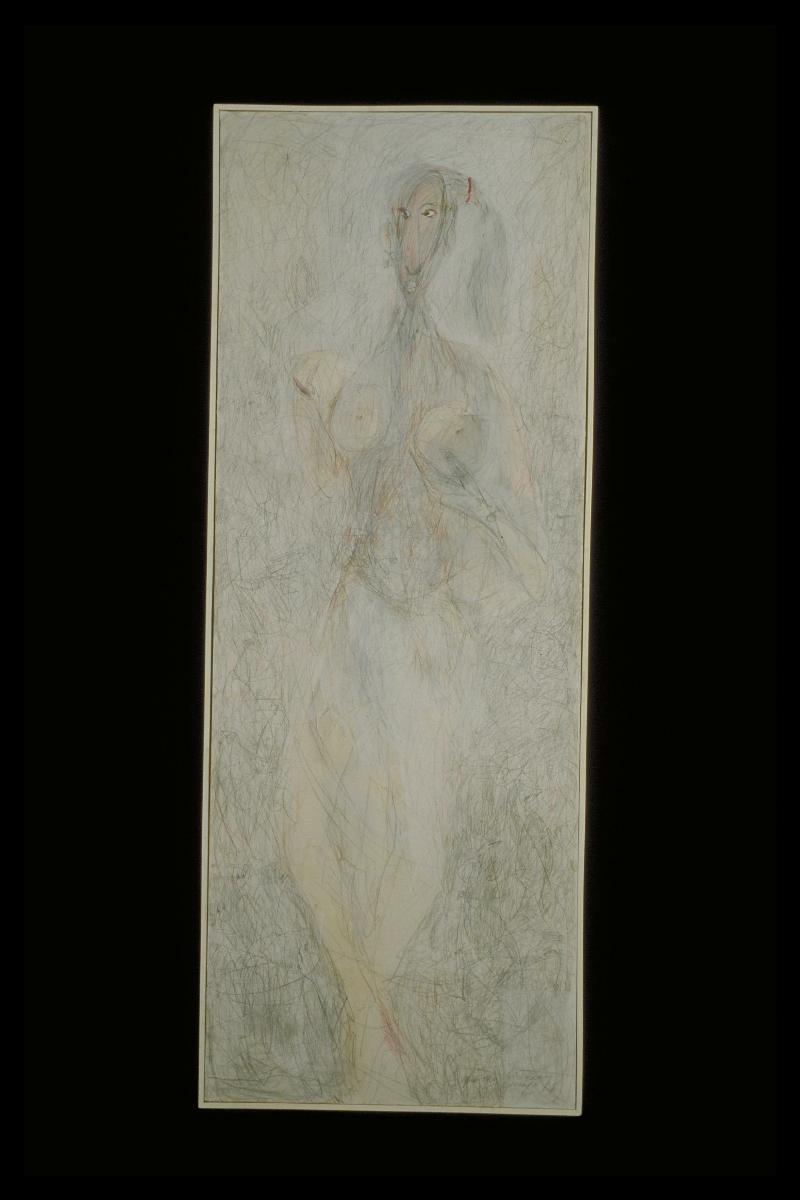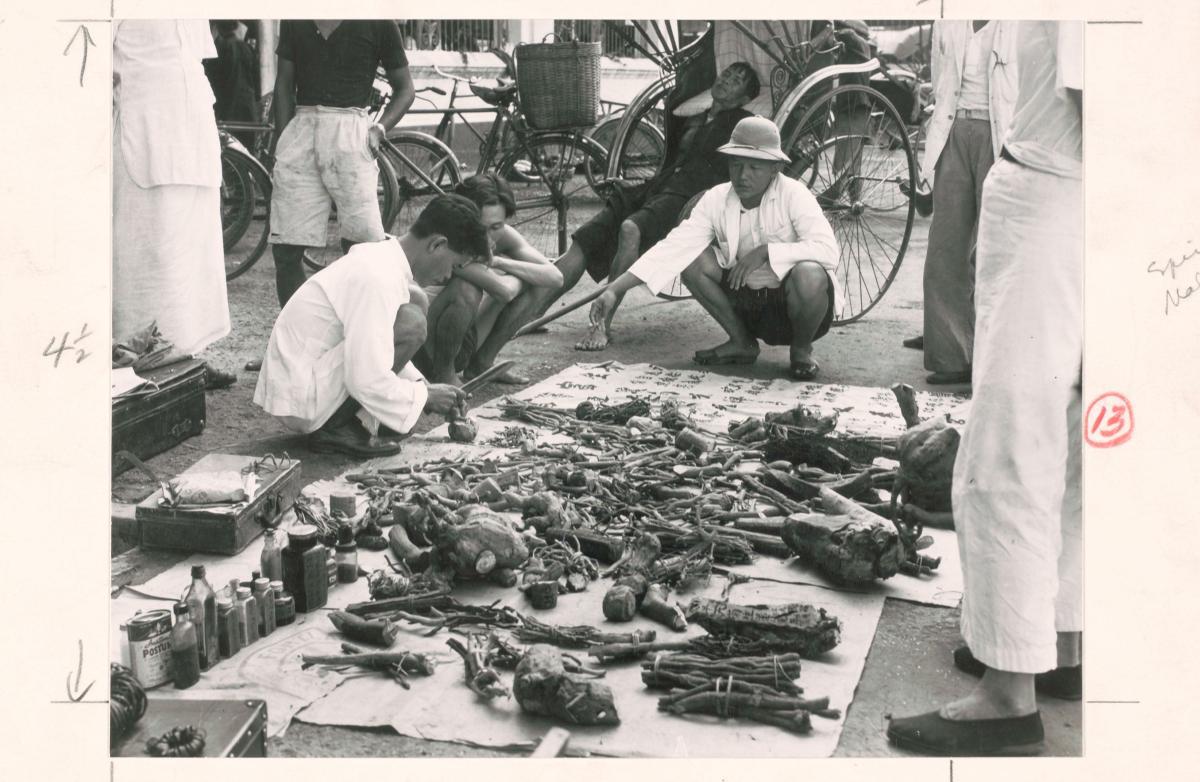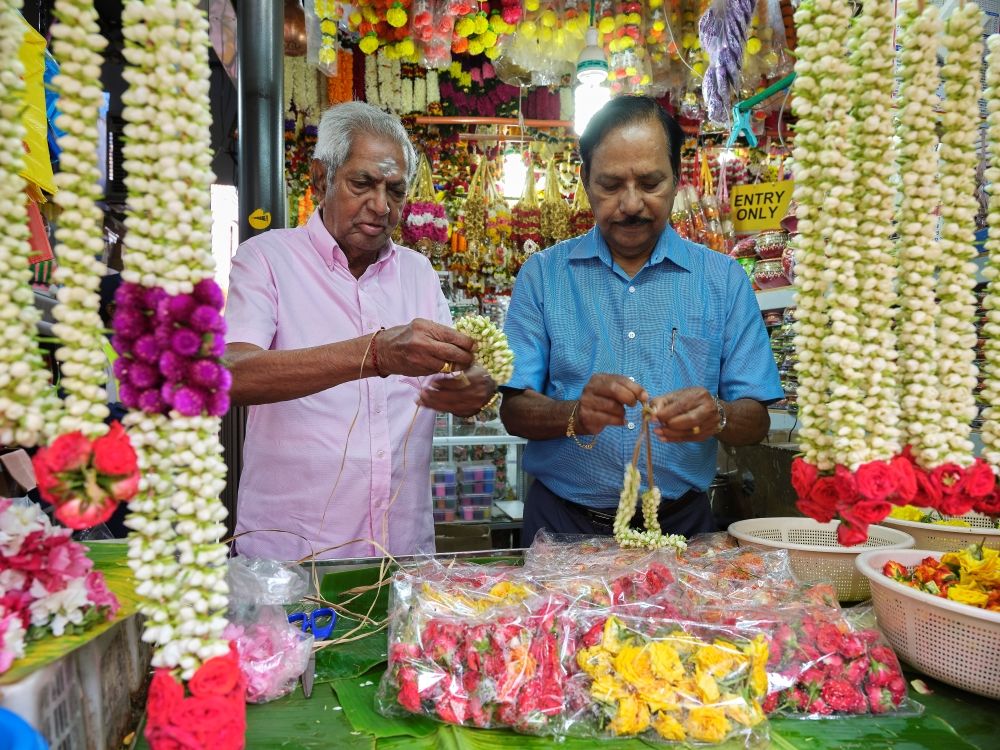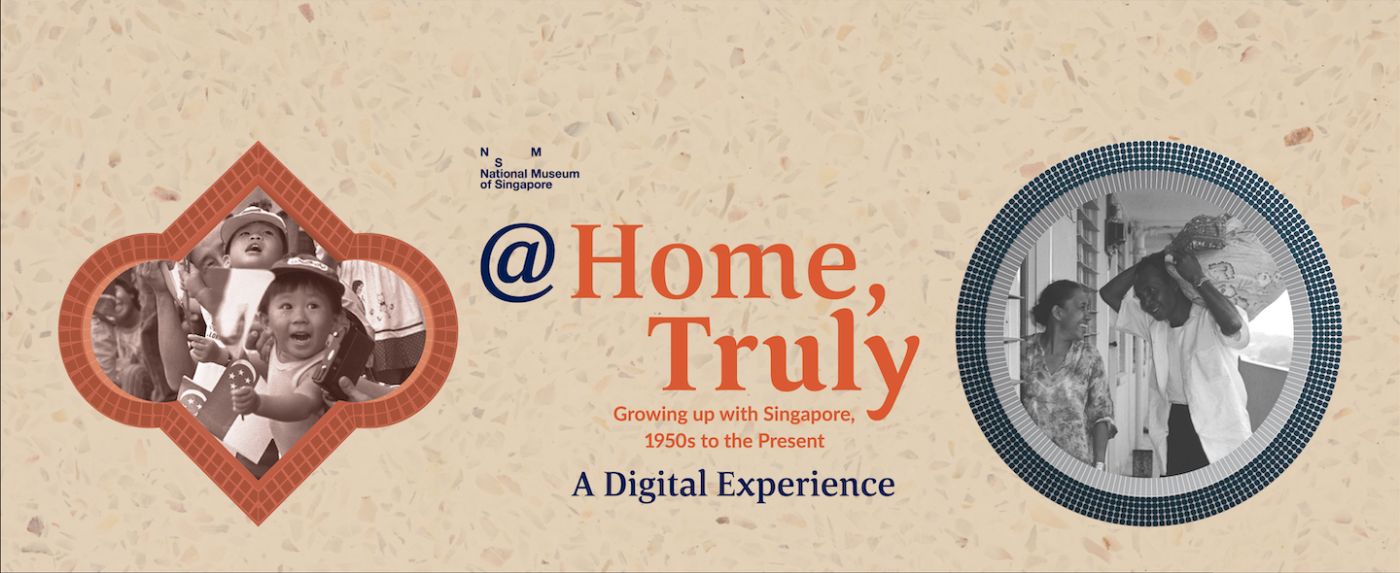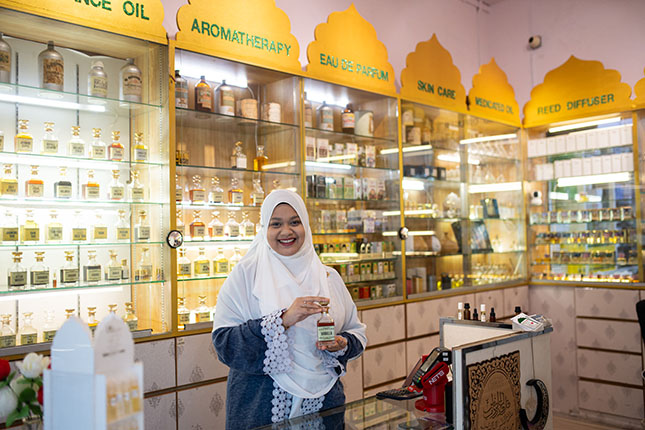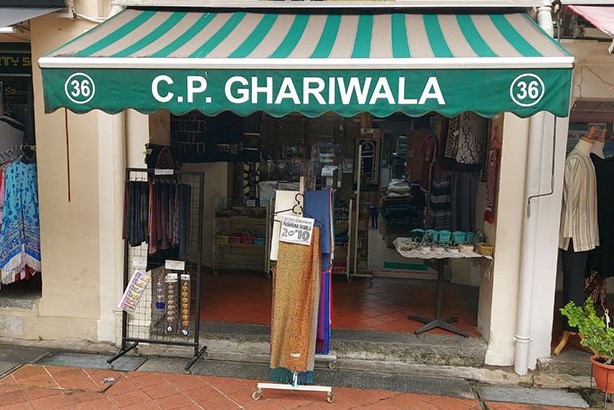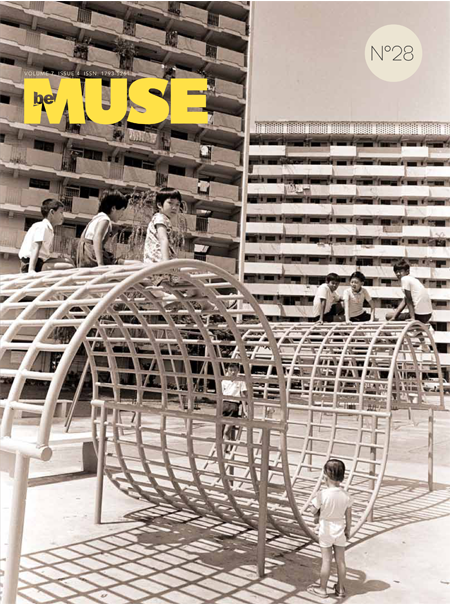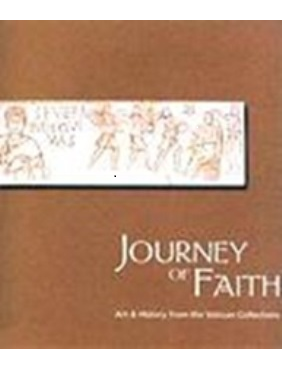Like many of us, Devagi Sanmugam (say “Day-vuh-gi sun-moo-gum”) enjoys looking at pictures of food on Instagram. However, she has noticed a disturbing pattern. Her friends mostly post images of western dishes, like Italian pasta and French almond cookies. It is much rarer for them to post images of local cuisine.
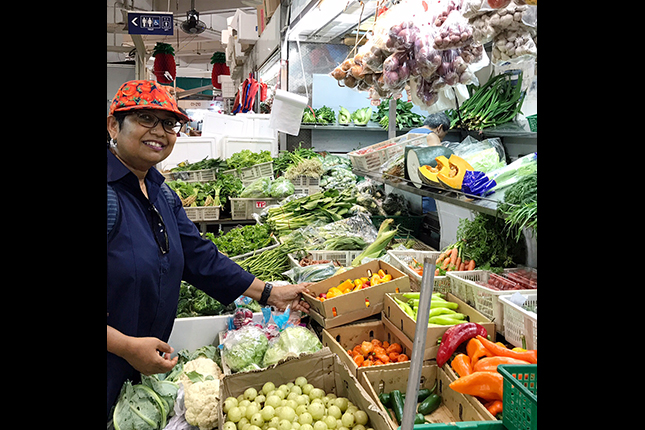
“People have gone berserk about food, but not food from their own backgrounds,” she says. As a cooking instructor, she has noticed the same thing among her students in Singapore. They long to work in famous Western restaurants. But, they do not know much about how to cook Asian food.
This is why she decided to publish her newest cookbook, I Am a Rice Cooker! It features information about forty different Asian cooking techniques, such as stir-frying, doubleboiling and dum cooking. It also lists one hundred recipes, representing the cuisines of ten Asian cultures. Last month, it won the third prize in the Global Finals of the Gourmand International Cookbook Awards, Cooking Schools Category.
According to Ms Devagi, Asian cuisine is more complex than western cuisine. For instance, while westerners recognise four basic tastes – sweet, salty, sour and bitter – the Japanese recognise a fifth taste: umami, or meatiness. Indians claim there are six tastes: sweet, salty, sour, bitter, spicy and astringent (a taste that leaves a dry flavour in the mouth).
Furthermore, Asian foods often emphasise flavours that are overlooked in western cuisine. While western chefs avoid creating dishes that are sour or bitter, Asian chefs highlight these flavours with foods like assam fish and bittergourd.
Learning from mother
“As an Asian, it’s important to know your Asian cooking skills,” Ms Devagi says. “If you can master that, then you can master everything else very easily.” Surprisingly, she was never professionally trained as a cook. She learned her skills from her mother, her grandmother and her aunt, by helping them in the kitchen as a little girl.
She was born in 1956. Back then, everyone cooked food on a stove by burning gas, charcoal or wood. “I learned a lot about fire,” she says. “Fire is the most important thing for a chef. You have to learn how to control it. It brings out the best in food, and the smell of smoke makes such a difference.” She has very fond memories of her childhood meals. Her family was poor, but her mother cooked so well that they ate like kings.
She had six younger brothers and sisters, and her father could not afford school fees for everyone. So, after finishing Secondary Four, she started work. At her first job, she would sometimes surprise her colleagues by making cakes and kueh for them. They adored her cooking. This inspired her to become a cooking instructor.
With the support of her husband, she started Indian cooking classes in her flat. At first, she did not have many students. “I was only 28 years old, and everyone questioned me about my experience,” she says. Then, in 1983, an article in Her World magazine called her Singapore’s best Indian cooking instructor. The reporter loved the lively way she taught. “She said I was like a chili padi with a lot of punch!” she laughs. She began writing a cooking column for the magazine. In the 1990s, when Singaporeans were getting interested in wine appreciation classes, she started holding spice appreciation classes. This was how she got her nickname, “the Spice Queen of Singapore”.
The value of good cooking
Today, she still specialises in Indian food. But, she also has become an expert in the cuisines of many other Asian countries. She travels to cooking schools across world to do a one-week programme, called Tastes of Asia.
She worries that people here in Singapore are forgetting the value of good cooking and family recipes passed through generations as all of these form part of our intangible cultural heritage. She notes that her sisters say they have no time to cook lunch. They usually buy food from a stall – and then complain that it tastes awful. That is a miserable way to live, she feels. “If you are eating food and you feel it’s terrible, it’s not going to nourish you at all.”
Luckily, she knows that her recipes will be passed down for another generation. She has published 22 cookbooks so far, and has taught countless people her techniques. Although she has no children herself, she proudly tells me that all twenty of her nieces and nephews are good cooks. It is young people like them who will continue to keep the traditions of Asian cooking alive.
-by Ng Yi-Sheng
This article first appeared in What's Up, a newspaper that explains current affairs in a way that children find comprehensible and compelling.




